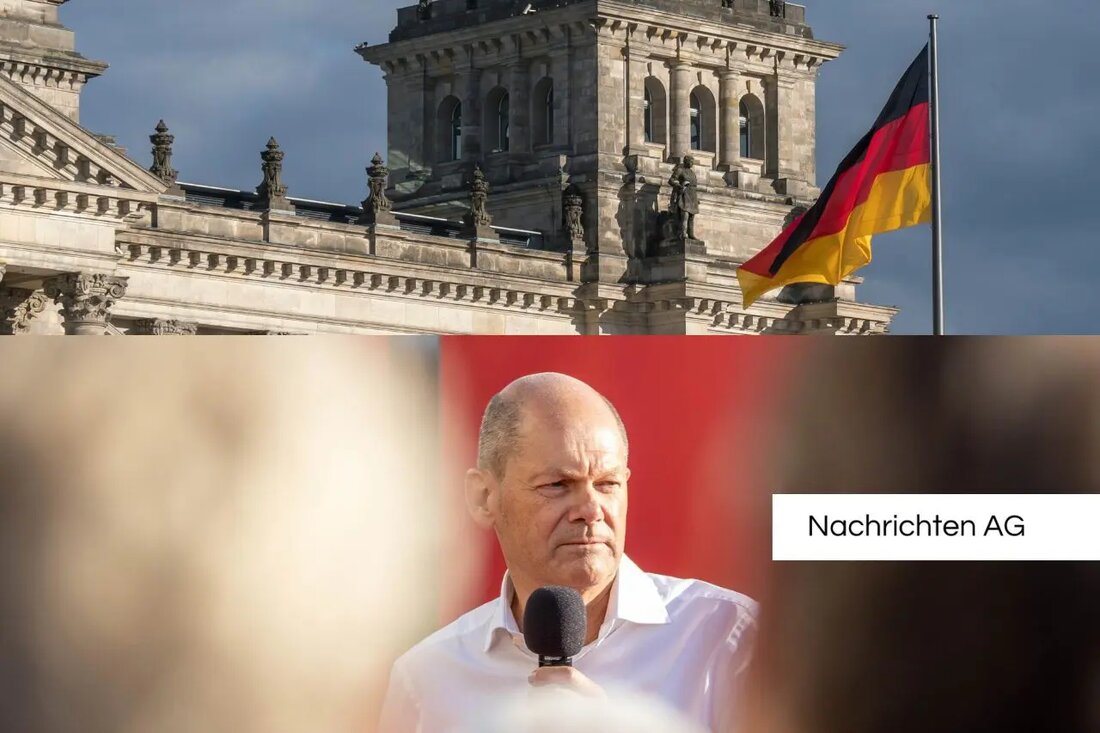Munich Security Conference: Selenskyj calls for a say for Europe!
Munich Security Conference: Selenskyj calls for a say for Europe!
The Munich Security Conference (MSC) is now in focus on its third and last day, whereby the focus is on the obligation to secure Europe and a stable future. According to radioenneperuhr.de , the participants discuss a variety of urgent topics, including the European security architecture, the faster EU accessibility and competitiveness Europe.
A central topic that shapes the conference is the controversial speech by the US Vice President J.D. Vance, which made mixed reactions. During his speech, Vance made it clear that Moscow could be proven with social sanctions if Putin was not cooperative. Critics within Europe expressed concerns that they could possibly be excluded from future peace negotiations. The appearance of Vance remains according to Tagesschau.de The defining topic of the security conference and raises questions about the relationship between the USA and the NATO partners.
European voices and demands
The votes of European representatives are clearly in their wish to be involved in negotiations. Chancellor Olaf Scholz, Union Chancellor candidate Friedrich Merz and Ukrainian President Wolodymyr Selenskyj are calling for an active role for Europe and Ukraine in all discussions with Russia. Selenskyj emphasizes: "No decisions about Ukraine without Ukraine, no decisions about Europe without Europe." Merz supports this attitude and describes it as unacceptable that Russia and the United States negotiate without Ukraine and Europeans.
The discussion about the role of Europe is further complicated by the statements of the US special envoy Keith Kellogg. He cautiously commented on the inclusion of Europe and made it clear that US President Donald Trump would not decide alone. Later the possibility of a special summit of the EU heads of state and government to terminate the Ukraine War was also addressed, but no fixed plans have so far been known.
international relationships in focus
The discrepancy between the USA and European partners was also evident in the inconsistent attitude towards NATO membership in Ukraine. The US defense minister Pete Hegseth described this as unrealistic, while Senator Lindsey Graham demanded more intensive military support for Ukraine and brought a future NATO membership of Ukraine into the game in further attacks.
Foreign Minister Annalena Baerbock exposed positive signals from the USA behind the scenes, but thus contributed to the complexity of the negotiations, since important actors, as US Secretary of State Marco Rubio, were not actively involved in the discussion. Baerbock also plans to intensify the exchange with a delegation of the US congress as part of the MSC.
The MSC, which has grown continuously since its first meeting in 1963 and the original focus on military issues, has developed into a platform in which topics such as "women, peace, security" and "climate and security" are also dealt with. In addition, transatlantic relations and the role of NATO are directly related to the current geopolitical challenges, especially in the context of Russian assault on Ukraine, the focus of the discussions.
Overall, the Munich Security Conference shows, which unites more than 700 participants, including over 50 heads of state and government, a committed and often controversial discussion about how the European and international security situation can be designed in the future. AUSTIGITIGES-AMBER.de states that this conference is an important forum for international dialogue, in which informal conversations are often referred to as "Speeddating of Diplomacy".
| Details | |
|---|---|
| Quellen | |


Kommentare (0)